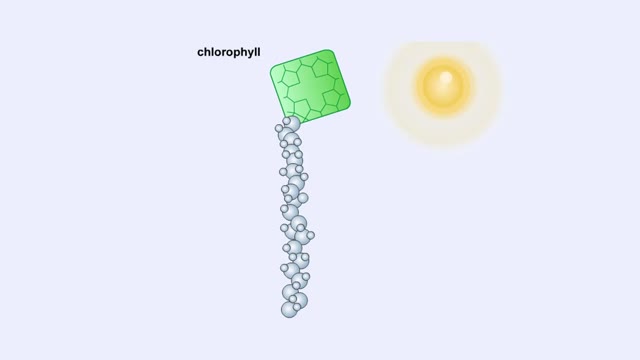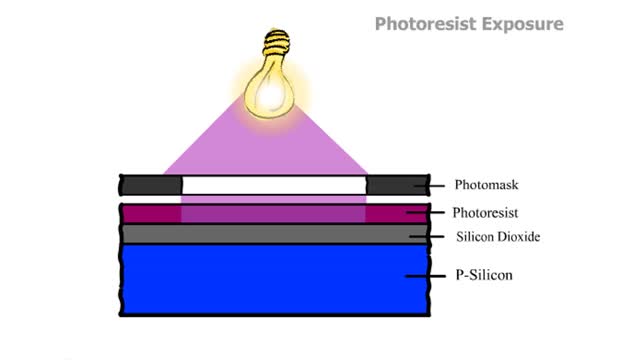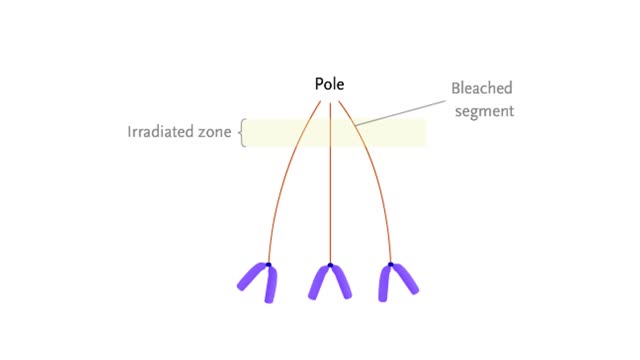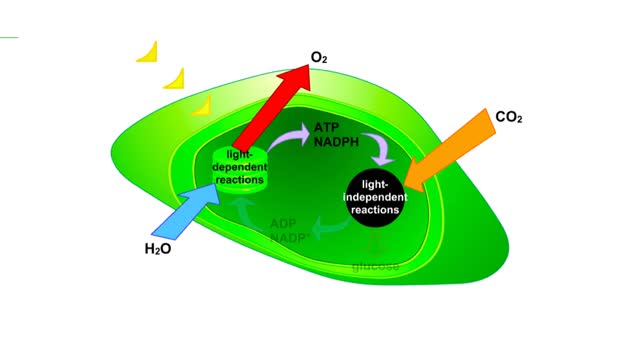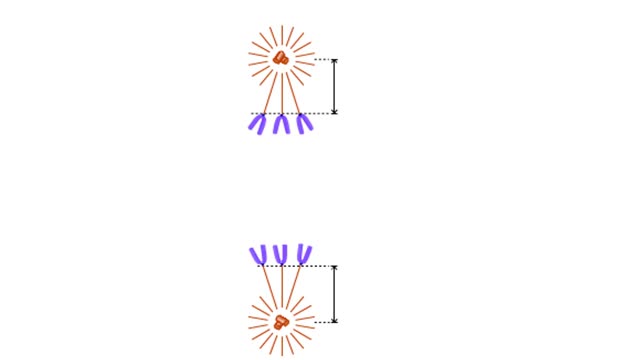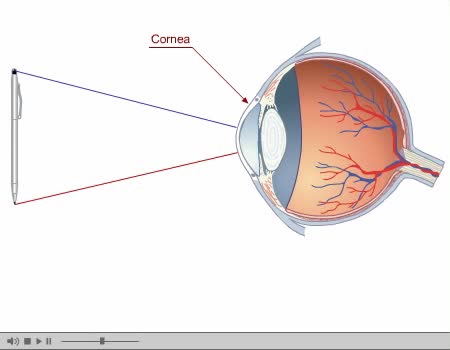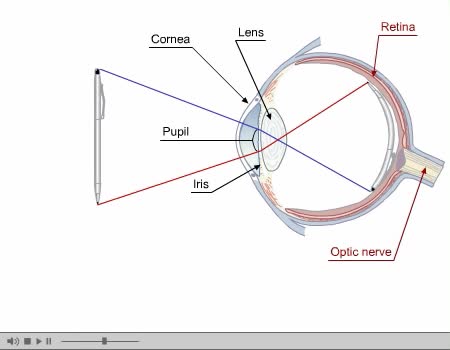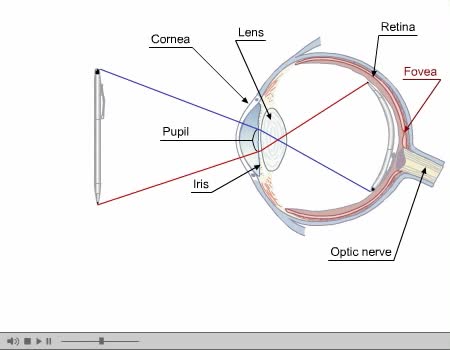Search Results
Results for: 'ultraviolet light'
Electromagnetic Spectrum, Chlorophyll and Pigment & Light
By: HWC, Views: 11503
The sun gives off radiation that is called the electromagnetic spectrum. This is energy that travels as wavelengths and includes radio waves, X-rays and ultraviolet light. A portion of this radiation is known as visible light, and is the type of radiation that plants use to manufacture sugars. ...
Introduction to Photolithography - WC, BLF, PA, Hard and Soft baking
By: HWC, Views: 11207
Prior to use, wafers are chemically cleaned to remove particulate matter on the surface as well as any traces of organic, ionic, and metallic impurities. Barrier Layer Formation After cleaning, the silicon wafer is covered with the material which will serve as a barrier layer. The most commo...
Mechanisms for chromosome movement Animation
By: HWC, Views: 8863
At mitotic metaphase, the fully-formed spindle is composed of many microtubules that extend from the poles. Some of these, the kinetochore microtubules, are attached to the kinetochores of each chromosome. Kinetochores are located at the centromeres. At anaphase, sister chromatids separate and...
Photosynthesis overview Animation
By: HWC, Views: 5835
Illustration of the interrelationships of the light-dependent and light-independent reactions of photosynthesis. The light-dependent reactions split water, and produce ATP and NADPH. Oxygen is a by-product of these reactions. ATP and NADPH, together with carbon dioxide, are reactants in ...
Chromosome structural organization/ Mechanisms for chromosome movement Animation
By: HWC, Views: 7929
How the chromosome is organized. At metaphase, the chromosomes are duplicated and are at their most condensed. In each chromosome, two identical sister chromatids are held together at a constricted region called the centromere. When a chromosome is condensed, interactions among chromosomal ...
Virtual Tour of the Eye Animation
By: Administrator, Views: 14468
Eye Composed of special anatomical structures that work together to facilitate sight: Cornea Pupil Lens Vitreous body Light stimulates sensory receptors (rods and cones) in the retina or innermost layer of the eye. Vision is made possible through the coordinated actions of nerves that co...
By: Administrator, Views: 15011
Eye Composed of special anatomical structures that work together to facilitate sight: Cornea Pupil Lens Vitreous body Light stimulates sensory receptors (rods and cones) in the retina or innermost layer of the eye. Vision is made possible through the coordinated actions of nerves that co...
By: HWC, Views: 11023
Observe the burning logs of wood. The logs burn to emit heat, light and carbon dioxide. What is left behind is ash. This residue is a new substance with a different molecular structure than the original wood. Similarly when baking the dough into bread, it becomes fluffy and light. There is a ch...
Optic Nerve and Optic Disk Animation (Part 1 of 2)
By: Administrator, Views: 14798
Inner Layer Blind spot: the absence of rods and cones in the area of the optic disk creates a blind spot on the retina's surface; the only part of the retina that is insensitive to light. Inner Layer The eye contains approximately 120 million rods that are sensitive to dim light. The rods ...
Advertisement



